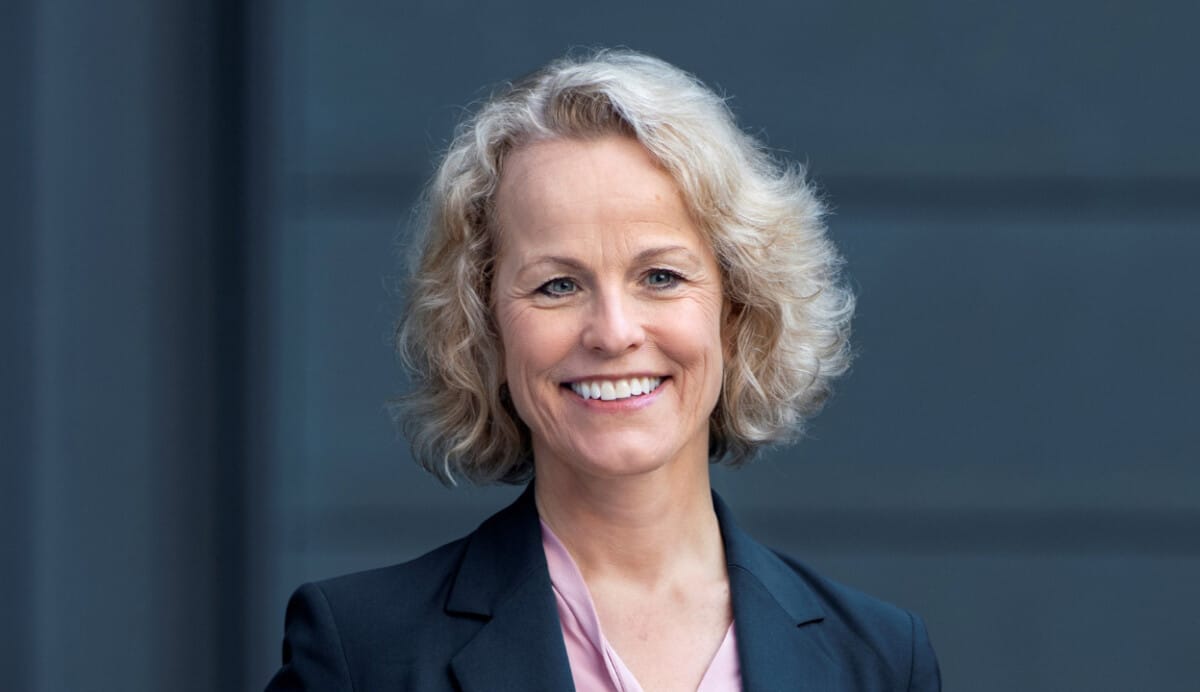Norges Bank Investment Management has established a new climate advisory board. Carine Smith Ihenacho, chief governance and compliance officer, spoke to Top1000funds.com and explains the task at hand.
What is the role of the climate advisory board?
The board will advise on NBIM’s approach to managing climate-related risks and opportunities, including the implementation of its climate action plan. It will advise on sustainable finance and climate risk developments, review and contribute to NBIM’s policies on climate risk and advise on the exercise of NBIM’s ownership rights and the appropriate approach to companies, including on voting and dialogue, related to climate risk. It will advise on NBIM initiatives to develop market standards on climate risk, including approaches to regulators and other standard setters. The board will also be responsible for assessing and evaluating NBIM’s climate-related activities, results and reporting against NBIM governing documents and international best practice.
What is the rationale for setting up this advisory board now?
Setting up a Climate Advisory Board is part of the steps we outlined in our Climate Action Plan 2025 last September to be a leader in manging climate-related financial risks and opportunities. As a long-term and globally diversified financial investor, our return depends on sustainable development in economic, environmental and social terms. We will be a global leader in managing the financial risks and opportunities arising from climate change.
The Climate Action Plan sets out the actions we aim to take over the period 2022-2025. These actions are targeted at improving market standards, increasing portfolio resilience, and effectively engaging with our portfolio companies. At the heart of our efforts is driving portfolio companies to net zero emissions by 2050 through credible targets and transition plans for reducing their scope 1, scope 2 and material scope 3 emissions.
This is an ambitious plan with a focus on engaging our investee companies to change. We are convinced that we will benefit from the reflections by the board members and their support helping us implement the plan. Climate change is a fast moving-field, and insights from the board members can help us respond to new developments and refine our approach over time so we maintain leadership.
How did you select the board?
We believe that managing climate-related risks as an owner of companies through the climate transition requires a holistic and evolving understanding of how climate affects the global economy and financial markets. We therefore focused in the selection process on identifying candidates with complementary knowledge and insights relating to climate change developments.
The chosen candidates together provide a wide breath of relevant climate expertise spanning academia, business, sustainable finance and civil society with insights into the US, Europe and the specific Norwegian context.
NIMB has appointed Professor Jody Freeman, Jennifer Morris, Huw van Steenis and Bjørn Otto Sverdrup as external members to the board. Jody is Professor of Law at Harvard Law School and an independent director on the board of directors of ConocoPhillips. Jennifer is the chief executive at The Nature Conservancy. Huw is vice chair at Oliver Wyman and was previously chair of the Sustainable Finance Committee at UBS. Bjørn Otto is the chair of the executive committee for the Oil and Gas Climate Initiative.
How will the board challenge NBIM, and how do you envisage the board influencing investment strategy?
The four board members all have a deep and complementing climate expertise. They pick up new developments relating to climate change and their different perspectives can help us evaluate when and in what way we should further develop our approach. Our investment strategy is set out in our mandate issued by the Ministry of Finance. The role of the board is to support us in further developing our approach to managing climate-related risks and opportunities as an owner of companies through the climate transition within the limits of our mandate.



